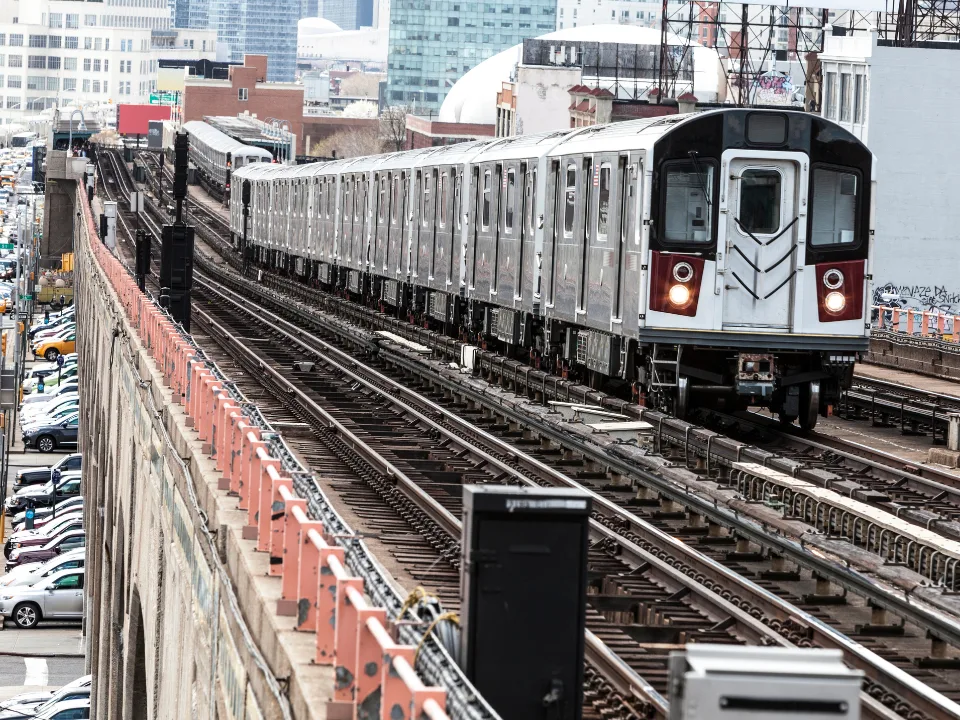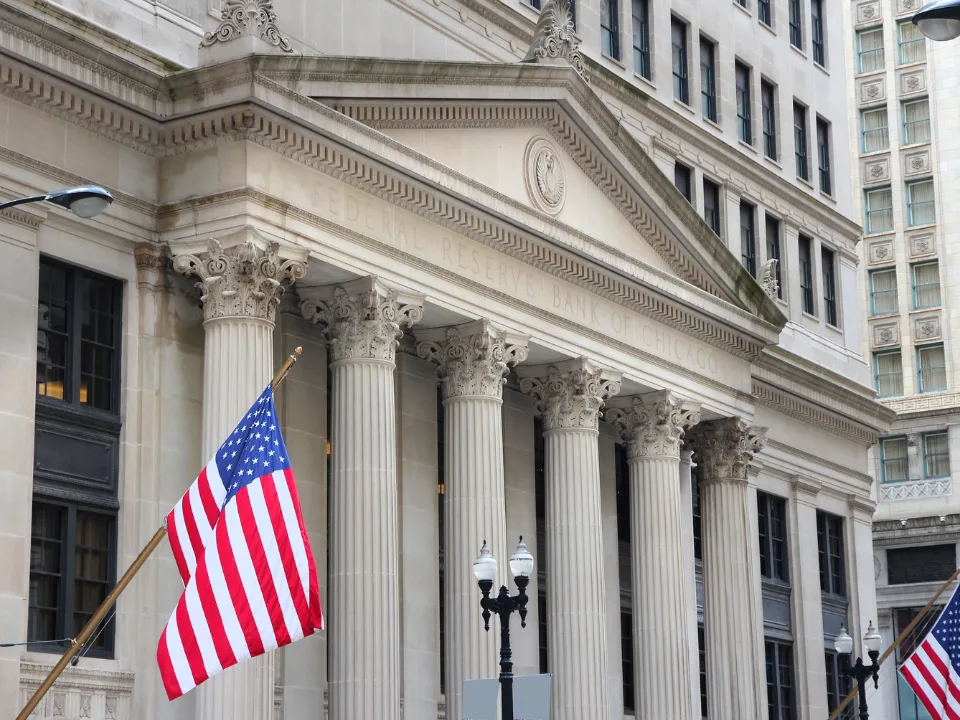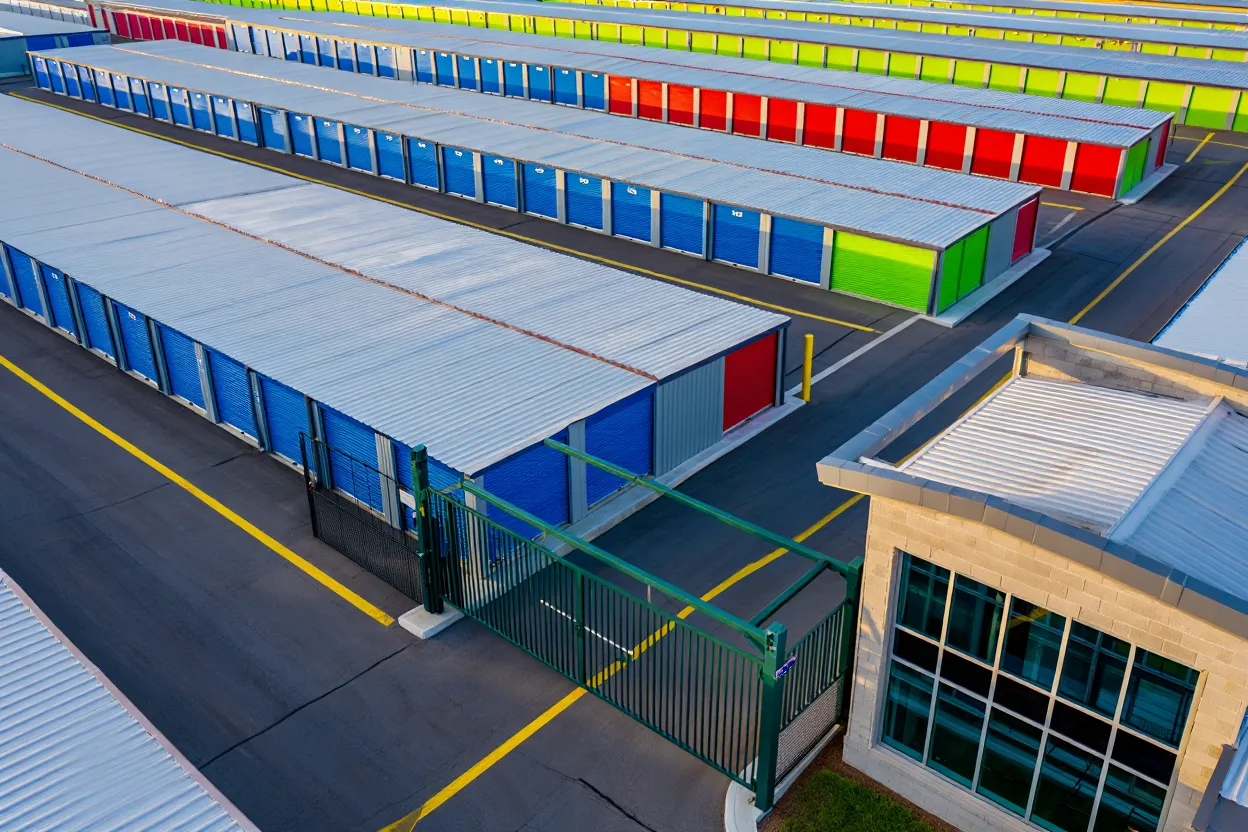- Inflation expectations for the next year and three years remained stable at 3% in January, according to the NY Fed’s Survey of Consumer Expectations.
- Five-year inflation expectations rose slightly to 3% from 2.7% in December, reflecting concerns about ongoing consumer price hikes in essentials like food, gasoline, and housing.
- Despite stable inflation expectations, respondents indicated a more cautious outlook for future spending, driven by concerns about their personal financial situations.
According to the latest data from the Federal Reserve Bank of New York, US inflation expectations held steady in January, with consumers forecasting 3% inflation over the next 1–3 years.
However, there is growing unease about personal financial security, with the public predicting higher costs for everyday expenses in the future, per Reuters.
Stable Expectations
The NY Fed’s Survey of Consumer Expectations found that inflation expectations for both the short and medium term (1–3 years ahead) remained unchanged at 3%.
However, longer-term inflation expectations, looking five years into the future, saw a slight uptick, rising to 3% from December’s 2.7%.
Get Smarter about what matters in CRE
Stay ahead of trends in commercial real estate with CRE Daily – the free newsletter delivering everything you need to start your day in just 5-minutes
Cautious Consumers
While inflation expectations were stable, respondents also anticipated higher prices in essential categories such as food, gasoline, rent, college tuition, and medical costs. Home prices were also expected to rise by 3.2%, slightly up from 3.1% in December.
The survey also revealed a notable shift in future spending expectations. Respondents reported plans to reduce their spending in the future, potentially indicating more cautious consumer behavior as they face increased living costs.
Looking Ahead
While inflation expectations remain largely stable, the public’s focus on rising prices for critical goods suggests a continued economic strain.
The more cautious outlook for future spending could point to broader concerns about personal financial well-being, signaling a potential slowdown in consumer-driven economic growth.
As the public navigates ongoing inflationary pressures, the Fed may continue to monitor these expectations closely. In particular, the increase in long-term inflation expectations could influence future monetary policy decisions, especially if it signals persistent concerns about price stability.
















